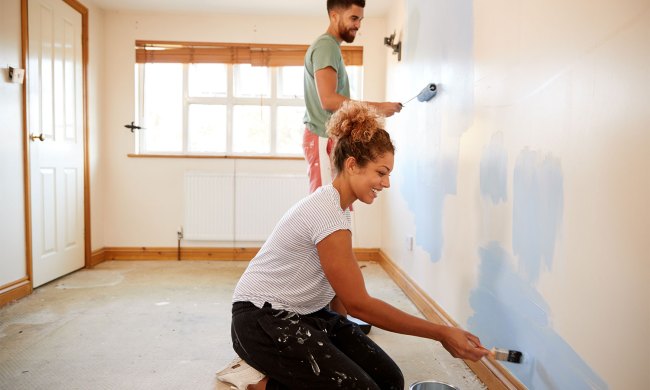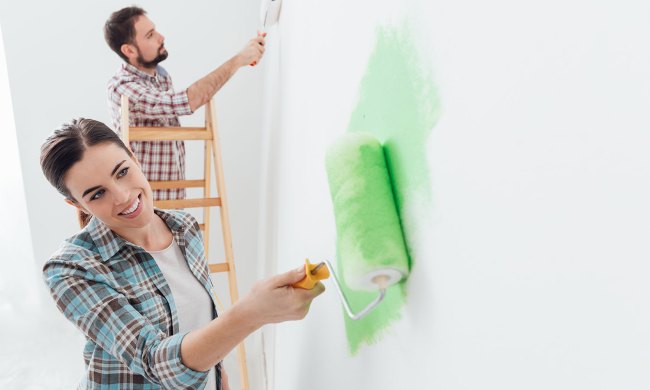Everyone spots a bug or two in their home from time to time, but when you find a cockroach in the corner or a mouse in the basement, it's time to set up an appointment with a professional pest control operator, also known as an exterminator. These pros have the knowledge and tools to quickly rid your home of pests, but a quick and lasting fix requires some action on your part as well.
Preparing well for pest control treatment can make the service more effective and keep your family safe from these unwanted house guests for longer. Keep reading to find out what to do before the exterminator comes.
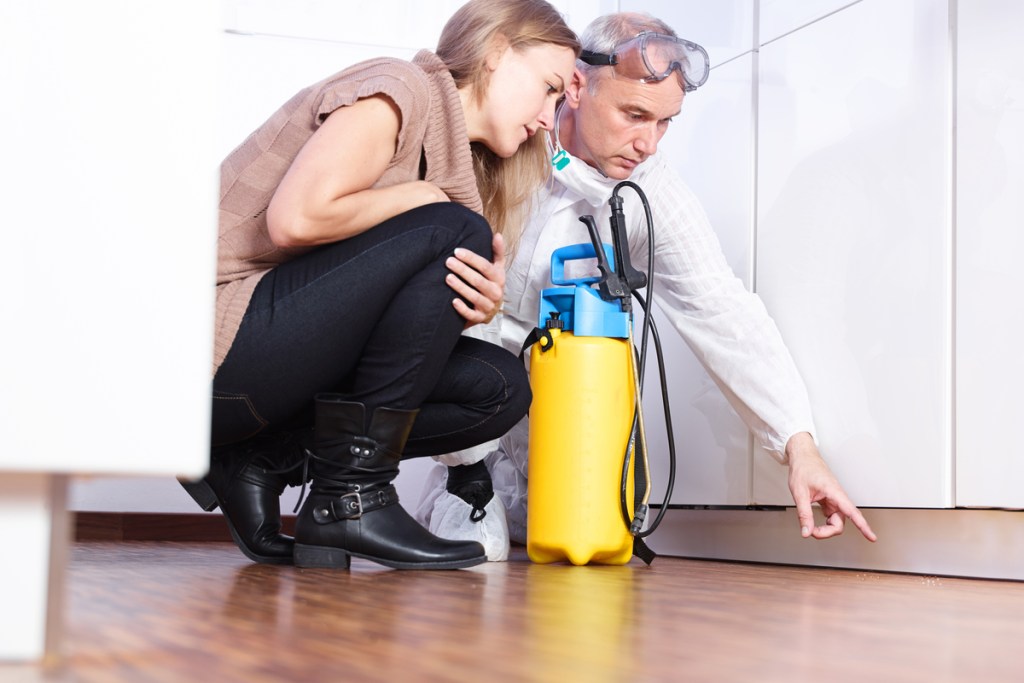
How to prepare for an exterminator
To best prepare your home, cater your strategy to the type of pest you’re managing, be it rodents, roaches, bedbugs, termites, fleas, ants, or others. Most pest control companies will provide a specific preparation list in advance of their visit with tasks that usually include removing any bedding, moving furniture away from the walls, and scrubbing the house from top to bottom. Follow this provided guidance closely to help the extermination process run smoothly and guard against future re-infestation.
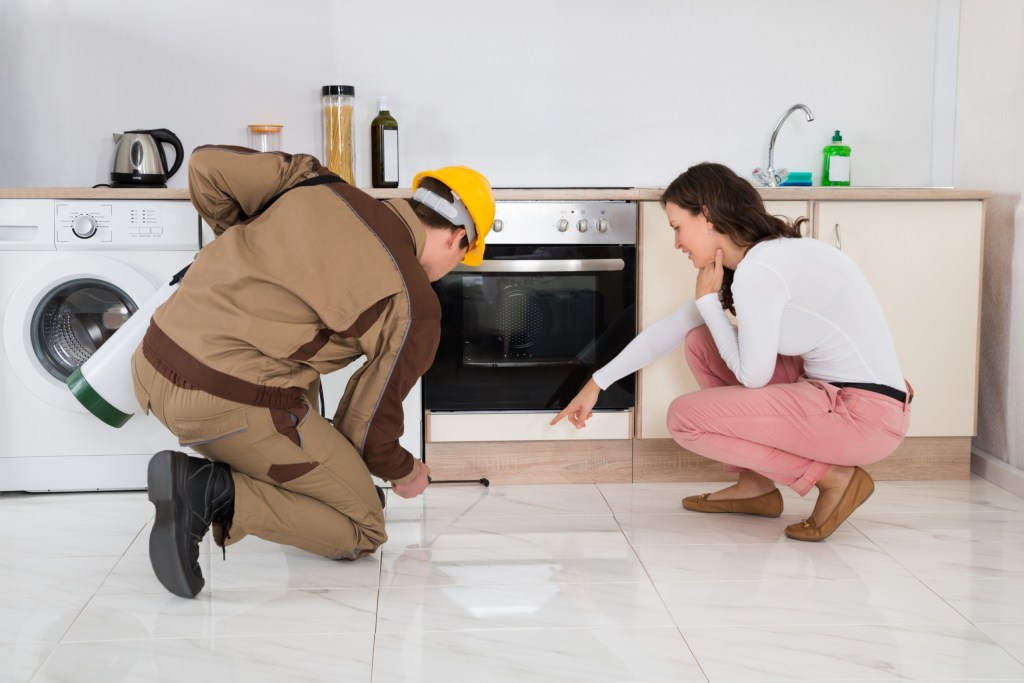
Note all pest locations
Aside from following the exterminator's instructions, there are a few more steps you can take to ensure the process is successful.
Step 1: Make notes of everywhere you’ve seen pests on your whole property. Were the mice isolated in the basement, or did you see one in the kitchen as well?
Step 2: If you have ants, look for their trails and follow them as far as possible to identify the source. Fleas in the dog’s bed could easily spread to the carpet or furniture, so check those spots as well.
Step 3: When your technician arrives, go over the list with them to be sure that all known areas receive special attention.
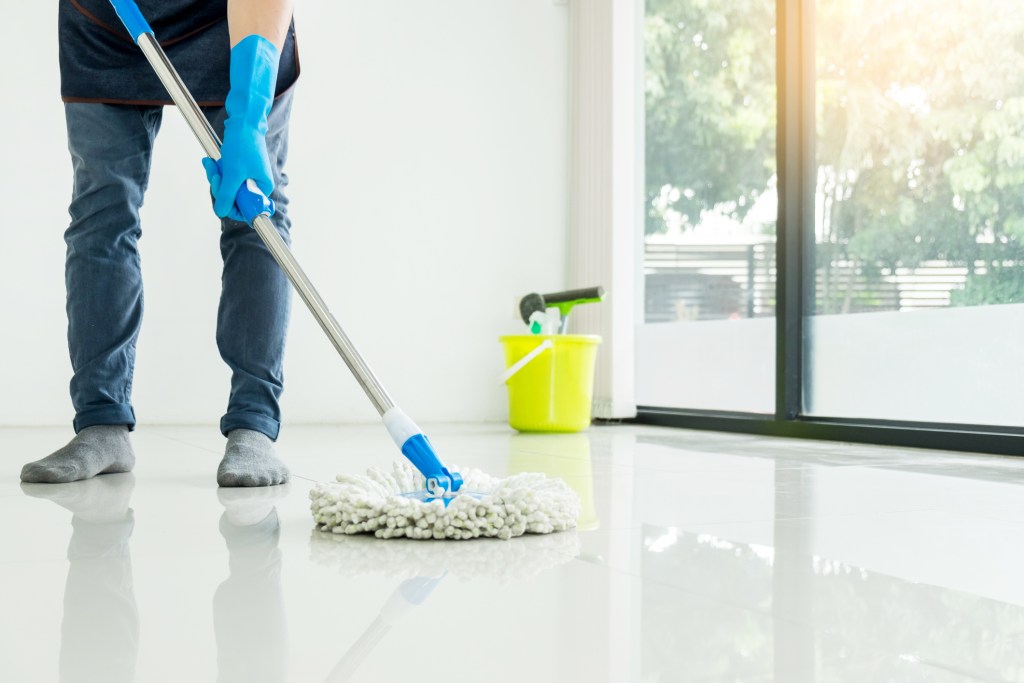
Deep clean the floors
Removing dirt and food residue ahead of time makes for a more effective treatment. Use cleaning products or a homemade solution.
Step 1: Be sure to reach all the crevices and hard-to-reach spots since these areas are especially homey for little critters.
Step 2: Then, immediately dispose of vacuum bags, cleaning rags, etc., and wipe down the nondisposable cleaning equipment to eradicate any lingering bugs or eggs.
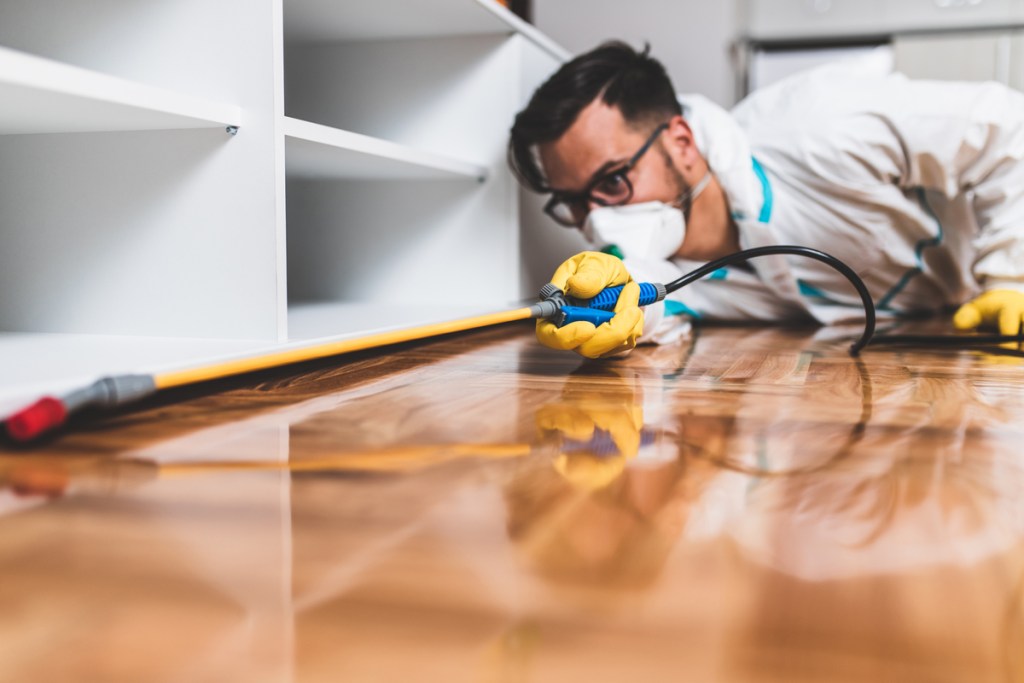
Put away clutter
The more stuff that sits around, the more hiding spaces these bugs have. More clutter also provides added surface area for chemical sprays to land, possibly contaminating your items with toxic materials. Avoid these problems by storing away all children’s toys, book bags, shoes, coats, etc.
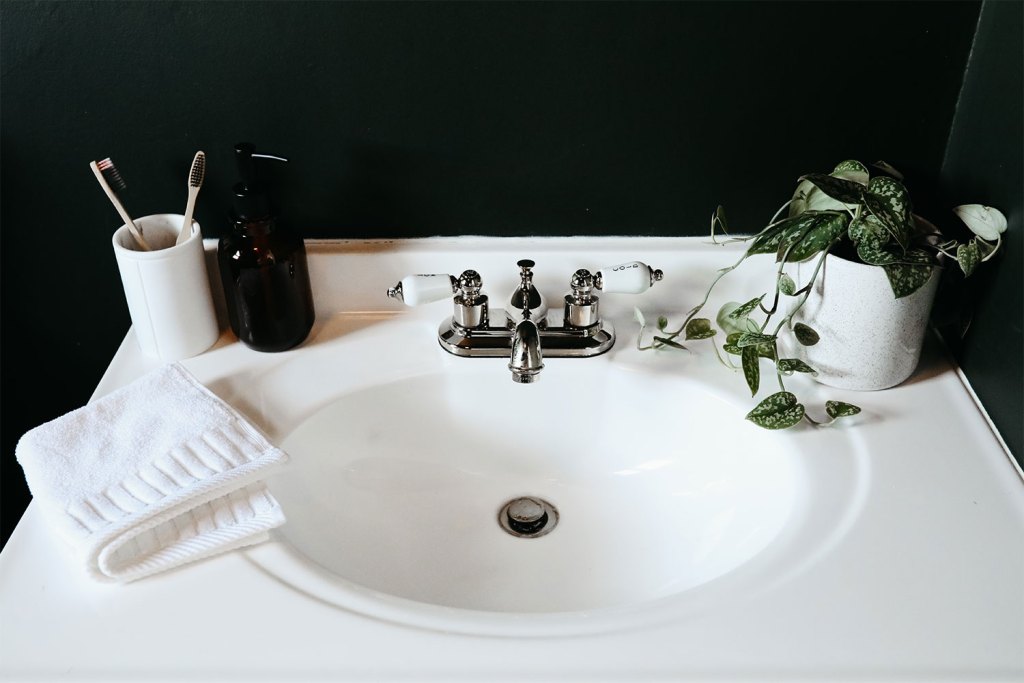
Fix water leaks
In addition to the leftover food and warm, dark areas, pests are also attracted to water and moisture. Drippy faucets in sinks and tubs, leaky supply lines under sinks or behind toilets and washing machines, or a leaky mainline in the basement can be the root cause that attracts bugs or rodents into your home. The exterminator’s treatment will not be effective for long unless the water source is dried up so you may as well fix those leaks now.

Store food and cookware
Some pest treatments involve spraying chemicals that will be airborne for some time after the treatment has been completed. They will then settle onto any exposed surface, so store away any food, cooking equipment, and utensils, especially those that typically reside on the countertop or are otherwise exposed.

Keep pets away
Most exterminators use people and pet-friendly products whenever possible, but if you keep bees, a pet spider, reptiles, or other “atypical” pets, they could be sensitive to the treatment. Consult your pest control operator and share any pet concerns well in advance. Be sure to cover pet enclosures with sheets or towels during treatment.
If your pets become easily stressed or aggressive, take them somewhere else for the day so that the technician can complete their work without the extra hassle of aggravated pets. Your pets and the technician will thank you.

Move large, heavy furniture
Large, stationary furniture like sofas, bookcases, refrigerators and office desks make excellent hiding places for pests.
Step 1: As you clean, move them around, shake out any cushions, and empty the cabinets, whether you’ve seen pests in the area or not.
Step 2: Last, leave the large items a few feet from the wall to give your pest technician room to complete a thorough inspection and treatment.

What about your kids?
If you have young children, consider taking them to a family member’s or friend’s house for the day. Some pests, like bees and wasps, can become irate during removal and attack whoever is nearby. Also, exposure to chemical spray can irritate sensitive little noses and eyes.
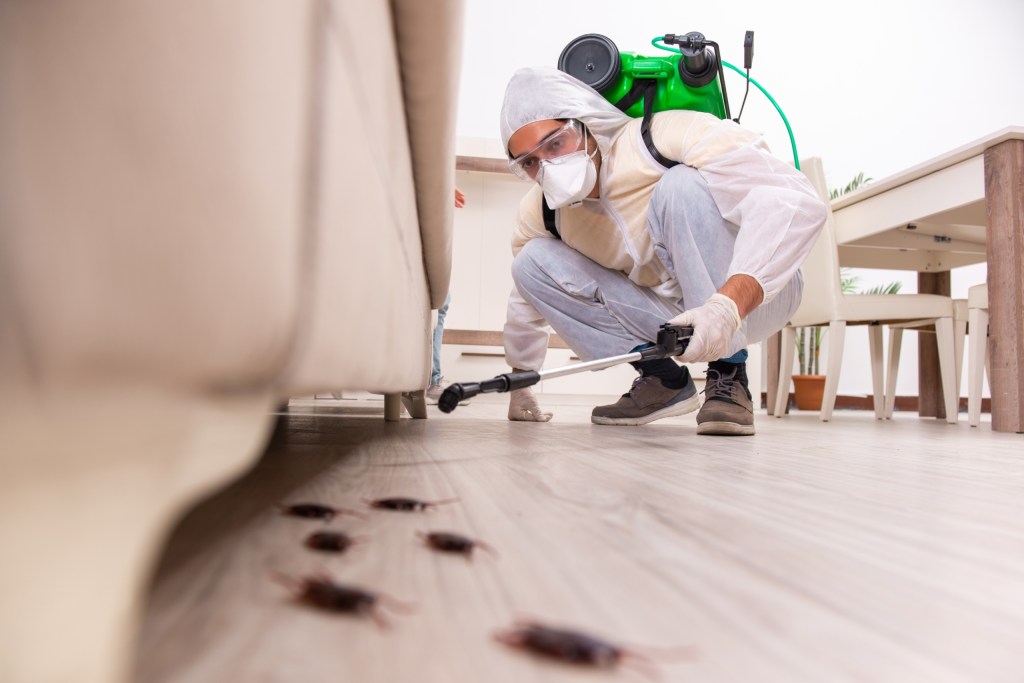
What questions should I ask my exterminator?
Having a short list of questions on hand in preparation for your extermination visit can help you stay on top of your pest situation. The last thing you want is to forget all of your questions during the visit, only to remember them once your exterminator has left. Then, you have to resort to the web for answers, which could take more time to research than if you’d had the questions ready while your exterminator was present.
Here are a few questions to ask during your pest control visit:
- What type of insect/pest is in my home?
- How serious is the infestation?
- How long will the extermination process be until all pests are gone?
- What steps can I take after extermination to prevent further infestation?
- Are there any signs indicating why this pest infested my home in the first place?
- What preventative steps can I take to prevent similar infestations in the future?
Hiring an exterminator may be the best way to eliminate your pest problem, but thorough preparation prior to their visit will help you get the most bang for your buck. By putting your home in order ahead of time, you will keep your family safe while gaining the maximum benefit from the pest removal service.


